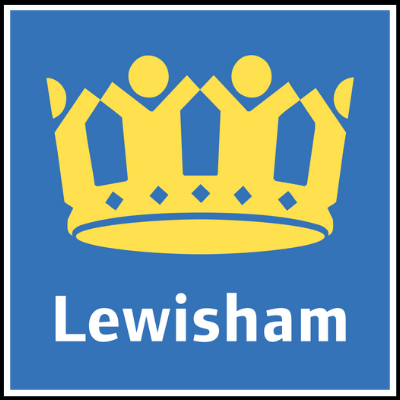
As part of the Council’s push to drive down childhood obesity, they have won a grant of £10,000 to explore how best to introduce a borough-wide ban on advertising high fat, high sugar and salty foods.
The money, which comes from the Department of Health and Social Care, Public Health England, Association of Directors of Public Health and Local Government Association, will be used for a feasibility study.
This pilot will be led by unique collaboration between Lewisham, Outsmart (who represents the advertising companies), the main brand advertisers represented by Incorporated Society of British Advertisers (ISBA), and City University’s Centre for Food Policy.
Councillor Chris Best, Deputy Mayor of Lewisham and Cabinet Member for Health and Adult Social Care, said, “We are one of 13 councils that are part of this initial stage out of 102 that applied, so we are thrilled to be able to take our ideas forward.
“In Lewisham, we are making progress to reduce childhood obesity across the borough. However, nearly one in five children are already overweight or obese on entering Reception, rising to more than one in three in Year 6. Tackling obesity is part of our agenda to reduce health inequalities, it is unacceptable that nationally children from the most deprived areas are more than twice as likely to be obese than children in the least deprived areas.
“Research demonstrates that the development of children’s food preferences and behaviours are influenced by advertising and through working in this space we have a real opportunity to positively shape their behaviours and impact child obesity rates. Regulators and brands recognise that they have a role to play.’
The ban would be complemented with a high profile advertising campaign of behaviour change messages, for example Change 4 Life, Daily Mile and Sugar Smart activities. In April, after the exploratory phase has finished, Lewisham will be able to bid for up to £300,000 of further funding over three years to fully implement and evaluate the impact of the ban.